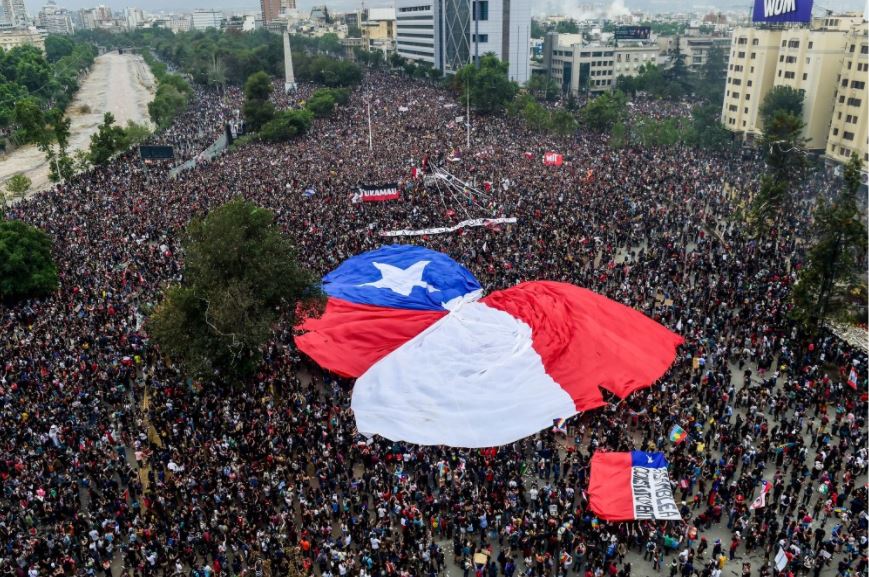Post Pinochet
From 1973-1990, Chile was ruled by ruthless dictator Augusto Pinochet who persecuted his political opponents including major political figures and minor citizens. Pinochet also enacted a new constitution which has been implemented since his rule in 1981. During and after his rule, the country went through political turmoil including massive protests in October of 2019 in response to the growing inequality and costs of living.
The country recently voted in an extremely important election that could shape Chile’s future. The government, which had been controlled by the right, had become seen as useless to many in reform.
This election is very notable as it decides who will reform the constitution implemented by Pinochet. Because of the country’s growing discontent, the people voted in a landslide election against the right.
Out of the 155 seats available, only 37 will be made up of right-wing politicians because of the election, meaning that the future of Chile’s economy and political landscape will most likely become far more left-dominated. There is little doubt that the country is about to undergo major changes.
The sheer amount of left and independent voters has astonished many, taking up 101 seats with the rest reserved for indigenous peoples.
Additionally, the election is incredibly important because it provided insight into the future of Chile’s voters. Statistics reveal that a large majority of Chile’s youthful voters are left-leaning, further indicating that Chile will become a country dominated by the left with a focus on social reforms such as rights for indigenous peoples, reproductive rights, and more economic equality.
Photo Courtesy: Americas Quarterly

Kayla Richards is a junior at the GCDS high school. Having been at GCDS since fourth grade, she’s excited to start her first year with the chronicle....












